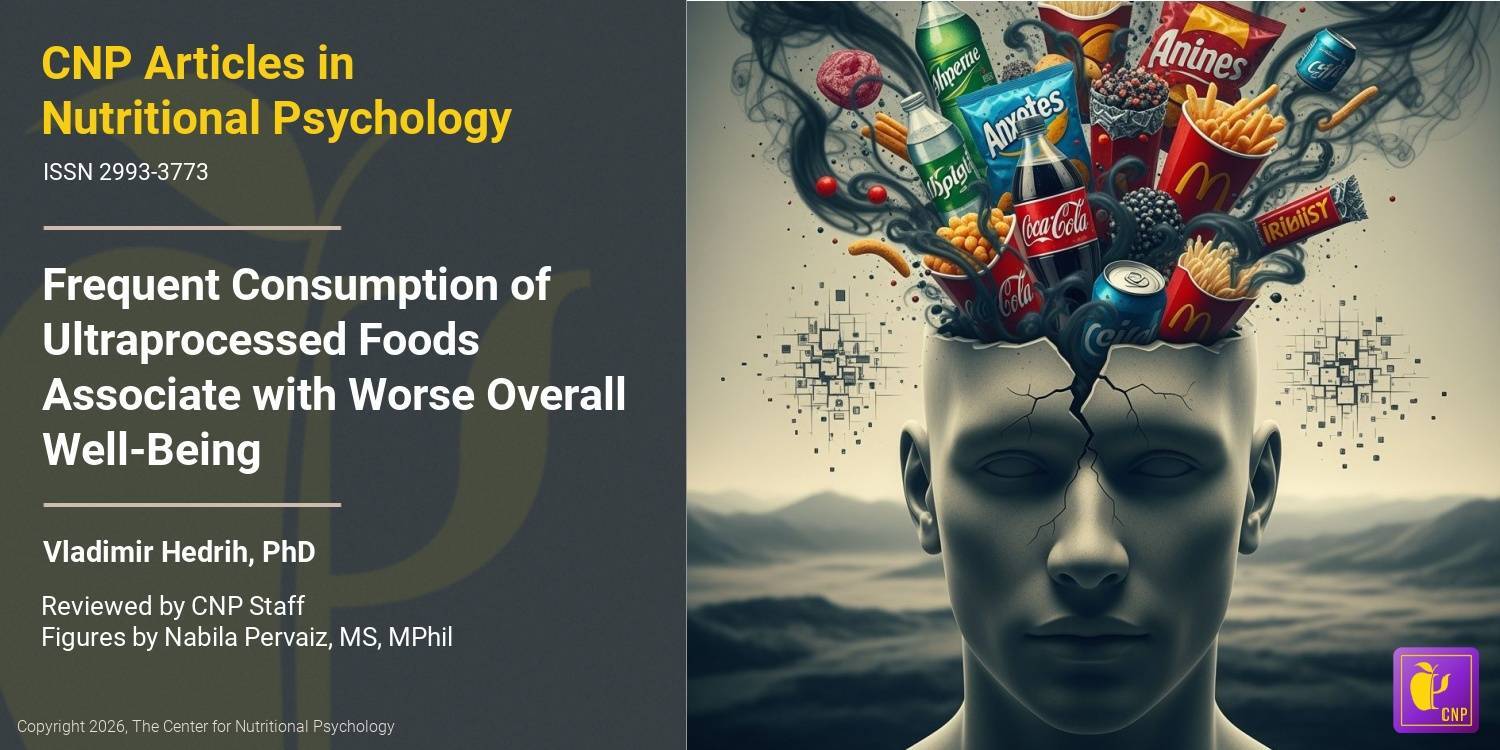Food addiction in patients on weight loss treatment
Food addiction (FA) is characterized by hedonic eating behaviors, where individuals consume highly palatable foods, such as ultra-processed foods, in quantities exceeding their energy needs. FA is observed in some individuals who are overweight or obese and may influence the effectiveness of weight loss treatments. Using a non-probabilistic, convenience-based sample of 158 participants from two clinical centers in Chile, one private and one public, that specialize in managing chronic non-communicable diseases, the study by Palacio, Cuello & Díaz-Torrente (2024) aimed to assess food addiction in individuals who meet the criteria of FA as measured by the YFAS 2.0, determine
the most prevalent food addiction criterion and look into how it relates to anthropometric and body composition factors in individuals receiving weight reduction therapy. The REDCap online platform was used to administer the Chilean version of the YFAS 2.0, and body mass index (BMI) and anthropometric data were also collected. The participants’ mean BMI was 28.7 (SD 5.3) kg/m², and their average age was 47.8 years (SD 14.9). 12.7% of participants tested positive for FA on the YFAS 2.0 (3.2% mild, 2.5% moderate, and 7.0% severe). The most prevalent symptom (33.5%) was withdrawal, with a mean symptom count of 2.2 (SD 2.6). Compared to individuals without FA, FA sufferers weighed substantially more. A modest but significant correlation was found between FA symptom count and body weight, waist circumference, and BMI. This study, the first of its type in Chile, showed that FA is linked to anthropometric measurements and is present in individuals receiving weight reduction medication. Withdrawal was identified as the most common criterion for FA. Future research should explore whether FA and withdrawal symptoms contribute to less effective weight loss treatment outcomes [NPID: Food addiction, YFAS 2.0, obesity, weight loss treatment, anthropometric measurements]
Year: 2024

 Navigation
Navigation







